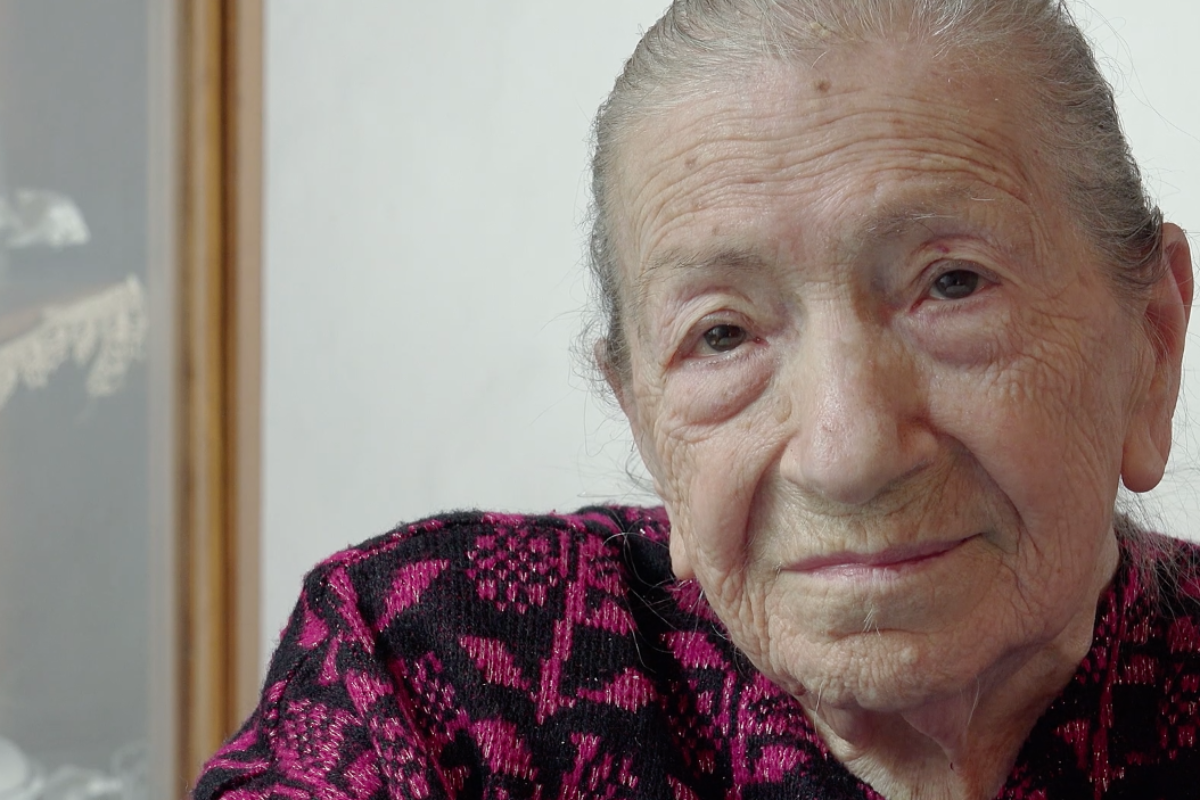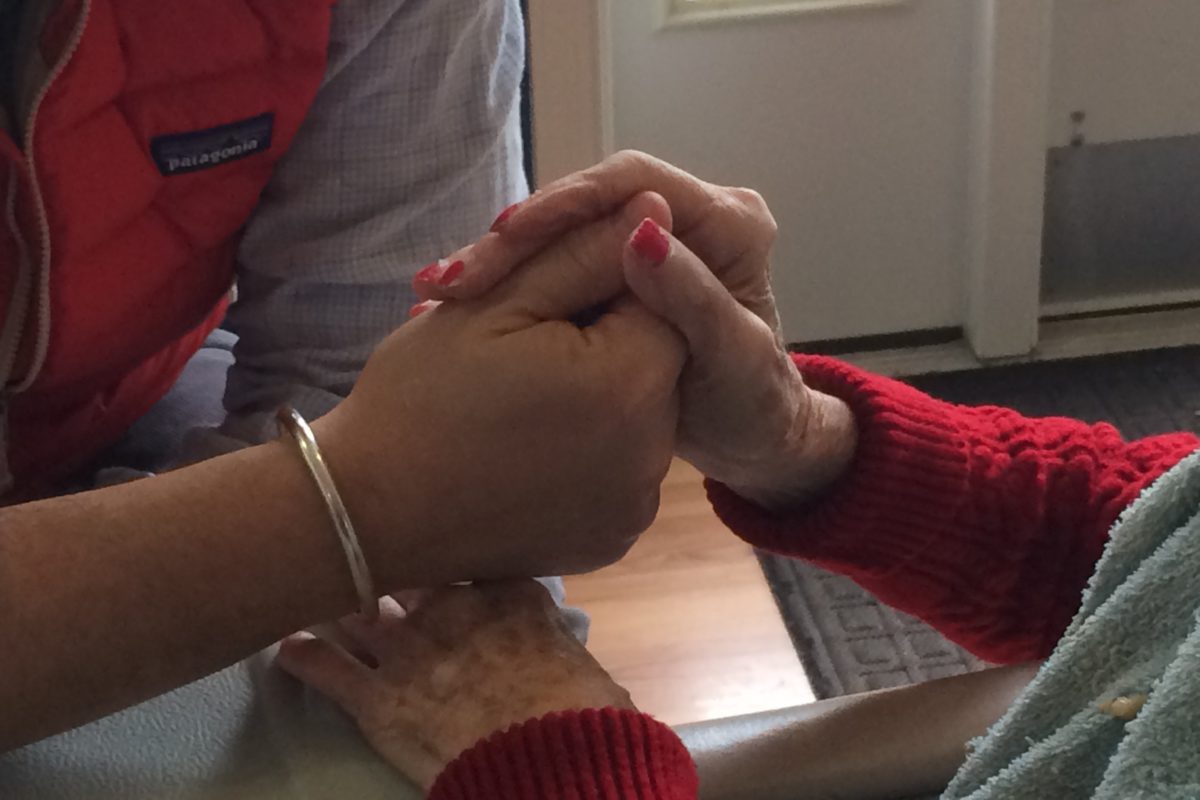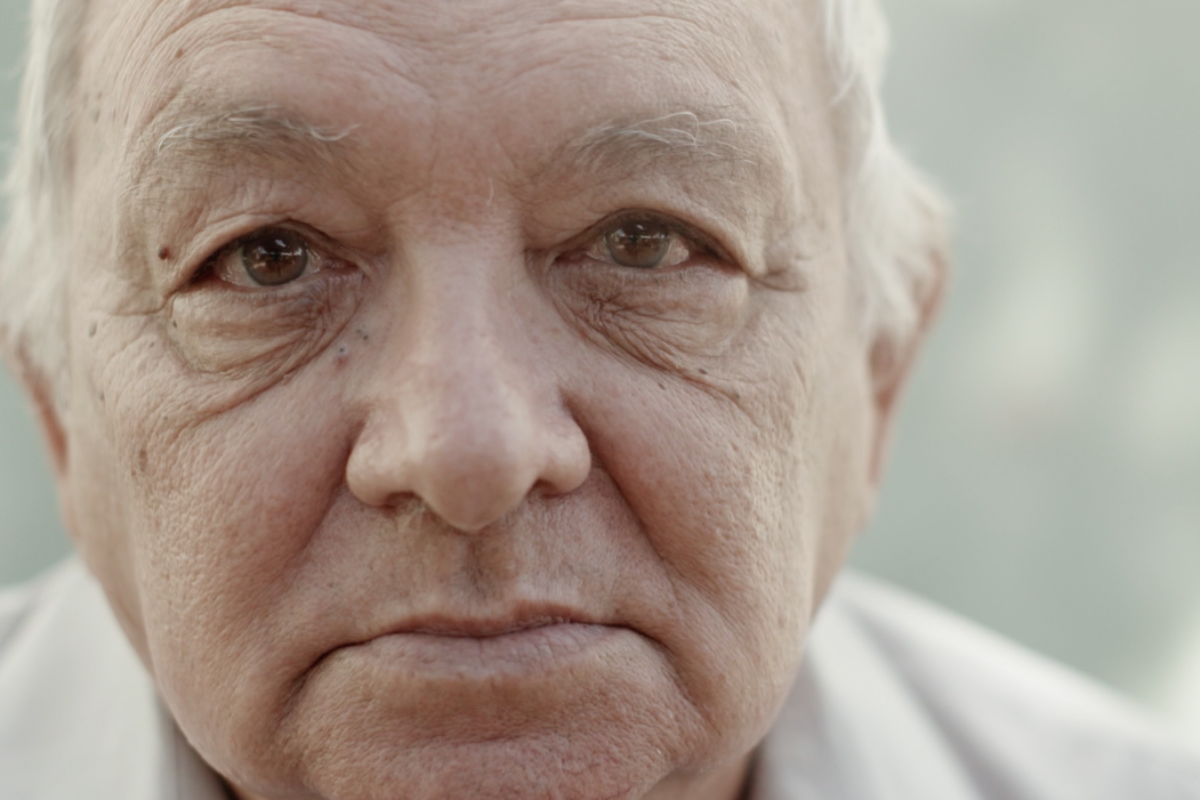
Synopsis
Nearly 6 Million Americans have been diagnosed with some form of dementia, and you likely know one or more of them… they’re your aunt, your brother, your mother, your husband. Dementia steals that person out from under you in a most devastating way, attacking a person’s memory, personality, language, and physical abilities. It can last for decades. And there is no cure.
On top of the emotional loss is an economic burden almost as painful as the disease. The out-of-pocket costs for a patient with dementia, including Alzheimer’s, its most common form, is well over $70,000 a year. With an aging population, diagnosis will surely continue to climb, and the costs for dementia care will rise along with it. It’s not medications and operations driving the cost, but the years of care needed to get a person safely through their day.
Right now, according to The Alzheimer’s Association, dementia costs taxpayers 18.3 million dollars… every hour! What will that number look like in 5 years, 10 years, or 20 years? Medicare, the primary health insurance for people 65 and older, doesn’t cover that long-term non-medical care. So, who pays, and how? And, if you simply can’t afford it? Then what?
SPENT The Hidden Costs of Dementia examines the economic impact of this growing public health crisis from a personal point of view. Emmy Award winning, husband/wife filmmakers Daphne Glover and Robert Ferrier know first-hand the struggle families face when in the throes of this disease when Daphne’s mother was diagnosed with vascular dementia. Facing all the emotional and financial costs of this disease, they feel compelled to tell their story.
And they are not alone. 15 Million people are caring for a loved one with dementia right now. This timely film introduces us to a mix of American families who are living with this disease and grappling with how to manage its cost… in many cases turning lives upside down.
Through personal and intimate stories, along with expert interviews, SPENT reveals a world in the midst of a public health crisis, and sheds light on ways we can cope with this devastating illness and its financial impact on families and societies.







